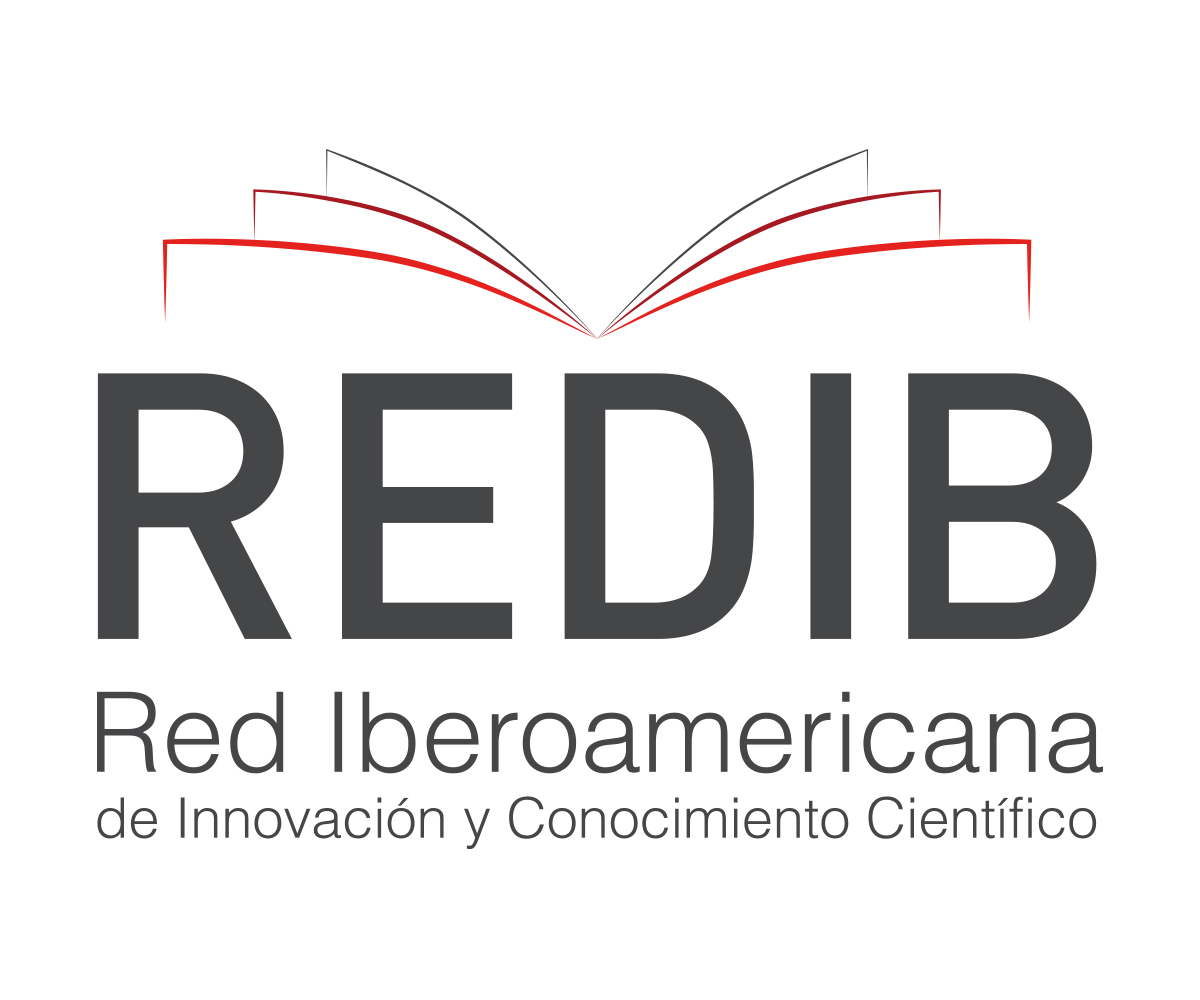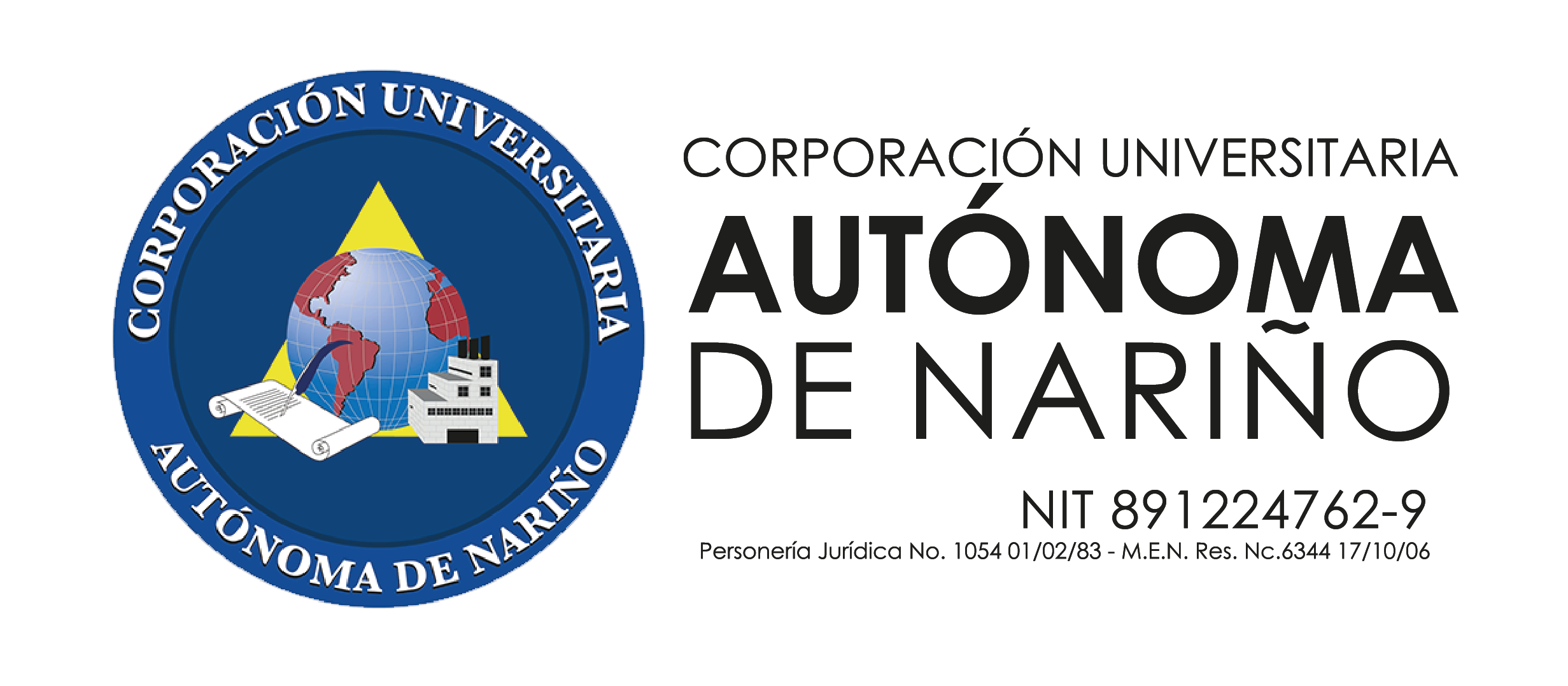Development of a methodological process of induction to entrepreneurship for the returned Mexican migrant
DOI:
https://doi.org/10.47666/summa.4.2.3Palavras-chave:
entrepreneurship, international migration, evaluation of social projects, public policyResumo
Currently, there is little research focused on methodological processes to identify the motivation of the returned migrant towards reintegration into society (Ramírez, García & Redondo, 2021; Tovar et al. 2018; (Meierricks & Renner, 2017;Schiff, 2017; Muñóz & Martínez, 2020). The objective of this research is focused on developing a methodological process of induction to entrepreneurship for returned Mexican migrants, through a system of modules that complement the experiences obtained in the country of destination; the methodology used in this research is based on empirical research under transversal and longitudinal non-experimental designs developed during two decades in a Technological Institution and to Small and Medium Entrepreneurs, taking into account the motivation of the migrant towards entrepreneurship. As a main result, a methodological process of induction to entrepreneurship for returned Mexican migrants is generated, which places the migrant in the need to modify his learning in relation to the environment in which he develops.
Downloads
Referências
Achidi Ndofor, H. & Priem, R. (2011). Immigrant Entrepreneurs, the Ethnic Enclave Strategy, and Venture Performance. Journal of Management - J MANAGE, (37), 790-818. DOI: 10.1177/0149206309345020.
Alto Comisionado de las Naciones Unidas para los Refugiados (ACNUR). Direcciones estratégicas del ACNUR, 2017-2021. 16 enero 2017. Disponible en https://www.refworld.org.es/docid/58f4e56d4.html
Ambrosini, E., Sinigaglia, C., & Costantini, M. (2012). Tie my hands, tie my eyes. Journal of experimental psychology. Human perception and performance, 38(2), 263-266. https://doi.org/10.1037/a0026570
Barberá-Heredia, E. (2002). Modelos explicativos en psicología de la motivación. Revista Electrónica de Motivación y Emoción 5(10), 6-19.
Bustos, J., García, C., & Juárez, M. (2021). Validity of a habitus model of coffee entrepreneurship. SUMMA. Revista Disciplinaria En Ciencias económicas Y Sociales, 3(1), 1-21. https://doi.org/10.47666/summa.3.1.02
Chand, Masud & Ghorbani, Majid, (2011). National culture, networks and ethnic entrepreneurship: A comparison of the Indian and Chinese immigrants in the US, International Business Review. Elsevier, 20(6), 593-606.
Churchill, N., & Bygrave, W. D. (1989). The Entrepreneur ship Paradigm (I): A Philosophical Look at Its Research Methodologies. Entrepreneurship Theory and Practice, 14(1), 7–26. https://doi.org/10.1177/104225878901400102
Contreras, A., & Macías, P. (2021). Percepción de los estudiantes sobre la intención de emprender. Caso: Universidad de Guadalajara, México. SUMMA. Revista Disciplinaria En Ciencias económicas Y Sociales, 3(1), 1-25. https://doi.org/10.47666/summa.3.1.03
Díaz, R., Rafael, J., Meléndez, K., & Geraldo, L. (2021). Actitud emprendedora y capacidad de creación de microempresas en estudiantes universitarios de San Martín, Perú. SUMMA. Revista Disciplinaria En Ciencias económicas Y Sociales, 3(2), 1-23. https://doi.org/10.47666/summa.3.2.24
Farmer, S. M., Yao, X., & Kung-Mcintyre, K. (2011). The Behavioral Impact of Entrepreneur Identity Aspiration and Prior Entrepreneurial Experience. Entrepreneurship Theory and Practice, 245-273
Gibson, J., McKenzie, D., & Rohorua, H. (2013). Development Impacts of Seasonal and Temporary Migration: A Review of Evidence from the Pacific and Southeast Asia. Asia and the Pacific Policy Studies (APPS), 1(1), 18-32. DOI: 10.1002/app5.12
Gmelch, G. (1980). Return Migration. Annual Reviews and Anthropology, State University of New York, 135-59.
Haque N. & Se-Jik K. (1995), Human Capital Flight: Impact of Migration on Income and Growth, IMF Staff Papers, 42, (3), 577-607.
Henry, C., Hill, F. y Leitch, C. (2005). Entrepreneurship education and training: can entrepreneurship be taught? Part 1. Education and Training, 47(2), 98-111.
Hercog, M. y Siegel, M. (2011). Promoting Return and Circular Migration of the Highly Skilled. UNU-MERIT Working Paper Series, 2011-015. 1-39. DOI: 10.2139/ssrn.1949705
Hernández S., Mendoza C. (2018). Metodología de la investigación. Las rutas cuantitativas, cualitativas y mixtas. McGraw Hill
Hindle, K. (2007). Teaching entrepreneurship at university: from the wrong building to the right philosophy. En Handbook of Research in Entrepreneurship Education, (1), 1-34.
Hisrich, R.D. (1985), The woman entrepreneur in the United States and Puerto Rico: a comparative study, Leadership & Organization Development Journal, (5)1, 3-8.
Hoffman, A., Fuglsang, T. y Vestergaard, L. (2012). Measuring Entrepreneurship Education. Entrepreneurship determinants: culture and capabilities. European Commission. Luxembourg: Publications Office of the European Union. DOI:10.2785/29545
Instituto de los Mexicanos en el Exterior (2017). http://www.ime.gob.mx/gob/estadisticas/2017/mundo/estadistica_poblacion.html
Kuratko, D. (2005). The Emergence of Entrepreneurship Education: Development, Trends and Challenges. Entrepreneurship Theory and Practice, 29(5), 577-98.
Liargovas, P.G. & Skandalis, K.S. (2012), Motivations of migrant entrepreneurship in Greece: a factor analysis approach, Journal of Small Business and Enterprise Development, (19)4, 627-639. https://doi.org/10.1108/14626001211277433
Marulanda Valencia, F. Ángela, & Morales Gualdrón, S. T. (2016). Entorno y motivaciones para emprender. Revista Escuela De Administración De Negocios, (81), 12–28. https://doi.org/10.21158/01208160.n81.2016.1556
McClelland, D. (1961). The Achieving Society. New York: A Free Press Paperback.
McClelland, D. (1965). Thinking ahead Achievement Motivation Can Be Developed. Harvard Business Review, 7-24.
Meierricks, D. & Renner, L. (2017). Stymied ambition: does a lack economic freedom lead to migration? Journal of Population Economics. DOI: 10.1007/s00148-017-0633-4
Moncayo, I. (2011), Políticas de retorno en América Latina: miradas cruzadas, Andina Migrante, (10), 2-10.
Muñóz Cardona, Á. & Martínez Soto, L. (2020). Emprendimiento social y felicidad urbana. SUMMA. Revista Disciplinaria En Ciencias económicas Y Sociales, 2(1), 127-169. Recuperado a partir de https://aunarcali.edu.co/revistas/index.php/RDCES/article/view/114
Naciones Unidas, Departamento de Asuntos Económicos y Sociales. División de Población de las Naciones Unidas, (2017). https://www.un.org/development/desa/es/about/desa-divisions/population.html
Newland, K. & Tanaka, H. (2010). Handbook Movilizing Diaspora Entreneurship for Development. Migration Policy Institute.
Organization for Economic Co-operation and Development (OECD) Stat, (2018). International Migration Outlook. www.oecd-ilibrary.org/social-issues-migration-health/international-migration-outlook_1999124x
Ospina, G. (2016). Los desafíos de las migraciones para una estrategia global de la Unión Europea. Revista UNISCI Journal, (42) 99-158.
Pablo, M. y García T. (2006). Emprendedores y empresarios en España: una caracterización. Claves de la Economía Mundial. (1), 58-63.
Palmero, F. (2005). Motivación: conducta y proceso. Revista Electrónica de Motivación y Emoción. (8) 21, 1-29.
Paños Castro, J. (2017). Educación emprendedora y metodologías activas para su fomento. Revista Electrónica Interuniversitaria de Formación del Profesorado, (20)3, 33-48. DOI: http://dx.doi.org/10.6018/reifop.20.3.272221
Pellicer, C., Álvarez, B. & Torrejón, J. (2013). Aprender a emprender. Cómo educar el talento emprendedor. Grupo Planeta.
Piperopoulos, P. (2010). Ethnic minority businesses and immigrant entrepreneurship in Greece. Journal of Small Business and Enterprise Development, (17)1, 139-58.
Quevedo, L. M., Izar, J. M., & Romo, L. (2010). Factores endógenos y exógenos de mujeres y hombres emprendedores de España, Estados Unidos y México. Investigación y Ciencia. 18 (46), 57-63.
Ramírez, J., García, J., & Redondo, O. (2021). Migración como promotora del emprendimiento. Aproximaciones teóricas. SUMMA. Revista Disciplinaria En Ciencias económicas Y Sociales, 3(2), 1-22. https://doi.org/10.47666/summa.3.2.25
Rodríguez A., (2009). Nuevas perspectivas para entender el emprendimiento empresarial. Pensamiento & Gestión, (26), 4-119.
Rodríguez Ramírez, L. & Uldarico Viña Vizcaino, Á. & Rodríguez Lozano, G. (2014). Apoyo al emprendimiento: De la teoría a la práctica. Revista Escuela de Administración de Negocios, (76), 128-143.
Schiff, Maurice. (2017). Ability Drain: Size, Impact, and Comparison with Brain Drain Under Alternative Immigration Policies. Journal of Population Economics 30 (4), 1337–54. https://doi.org/10.1007/s00148-017-0644-1.
Secretaría de Gobernación, Consejo Nacional de Población y Fundación de BBVA (2018). Anuario de migración y remesas 2018. https://www.gob.mx/conapo/documentos/anuario-de-migracion-y-remesas-mexico-2018-173515
Spilling, O. R. (1996). The entrepreneurial system: On entrepreneurship in the context of a mega-event. Journal of Business research, 36 (1), 91-103.
Tovar Cuevas, L., Victoria Paredes, M., Tovar Cuevas, J., Troncoso Marmolejo, G., & Pereira Laverde, F. (2018). Factores asociados a la probabilidad de emprendimiento en migrantes colombianos que retornan a Colombia. Migraciones internacionales, 9(3), 169-192. https://doi.org/10.17428/rmi.v9i34.366
Volkmann, C. (2004). Entrepreneurship Studies-An Ascending Academic Discipline in the Twenty-First Century. Higher Education in Europe, 29(2), 177-185.
Wahba, J. (2015). Selection, selection, selection: The impact of return migration. Journal of Population Economics. (28), 3, 535-563.
Waldinger, R. (1989), Structural opportunity or ethnic advantage? Immigrant business development in New York, International Migration Review, (23)1, 48-72.
Zahra, S. y Welter, F. (2008). Entrepreneurship Education for Central, Eastern and Southeastern Europe. J. Potter (Ed.). Entrepreneurship and Higher Education, OECD Publishing.










.jpg)

.png)
.png)











